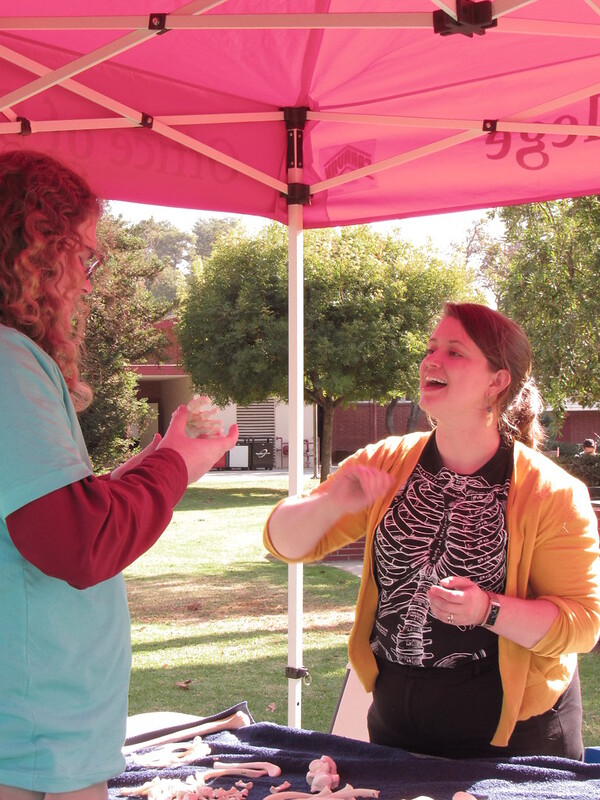Editor’s Note: Sponsored Content
Educators go into the teaching game for a lot of reasons. They generally have a passion for teaching, and they believe strongly in whatever their chosen subject area is. For instance, most of us remember taking a class with an English teacher who got really hyped up about Shakespeare.
While there are plenty of good reasons to get into teaching, money isn’t usually one of them. However, there are some cases where learning more can actually correspond to a pay raise. Here’s what you need to know about continuing your education even after you obtain your teaching certification.
Getting a master’s degree
In New York, teachers make an average of almost $80,000 per year, the highest average in America. In South Dakota, they make a little over $42,000 per year, which is the lowest rate in the country. When you add up all 50 states and get an average, you end up with about $58,353. But there’s a wide range, and city schools often pay more than rural schools due to the higher cost of living.
You’re also more likely to get a bump in pay if you have a master’s degree. The Center for American Progress used figures from the 2007-2008 school year to calculate the financial worth of a master’s degree in all 50 states. While the numbers may not be the most up to date, they do provide valuable insight regarding how different parts of the country reward teachers with master’s degrees. The center found that the supplemental income added between $2,000 and $10,000 to a teacher’s overall income.
The type of master’s degree matters too, of course. A math teacher would probably only get a bonus for obtaining a master’s degree in math education or a closely related field. An English teacher getting an MBA better be doing it because they’re really interested in learning business, because the school district won’t consider it relevant to their career as an educator.
There’s one more reason to get a master’s degree: It may allow you to teach at the college level. A community college in particular is more likely to hire a teacher with a master’s degree, while a four-year university often (but not always) prefers to hire candidates with PhDs in their subject area.
Other types of education
If you don’t have the time, money, or energy to get a master’s degree, don’t sweat it. You can still expand your educational horizons without taking out additional student loans. Talk to your school district about signing up for continuing education online courses for teachers. Such coursework typically gives you more freedom than a standard master’s degree program will.
You can take classes in a variety of subject areas including English, athletics, social studies, and special education. Many of these independent study classes are available online, which means you don’t have to drive to a university campus and sit in a lecture hall after a long day of teaching. Having the freedom to move and learn at your own pace can lead to better results, but you do need to be disciplined and dedicated. No classmate is going to email or text you if you miss class, because there’s no set class time.
Your district may or may not reward you with extra income for taking correspondence courses, but they can sometimes help you pay for classes. In any case, you won’t know until you ask. Even if they say no, don’t despair. If you take a course that interests you, then you’ll find that it’s worth paying a few hundred dollars. You shouldn’t go into debt for an online correspondence course, but you also shouldn’t rule it just because it costs money. Research the class and decide for yourself before ruling anything out.
Image Sources
- Anthropology Rob’yn Johnston 2019: Nick Ng/The Telescope | All Rights Reserved

